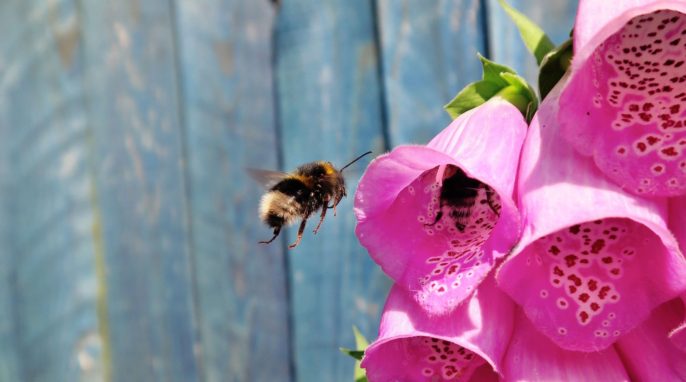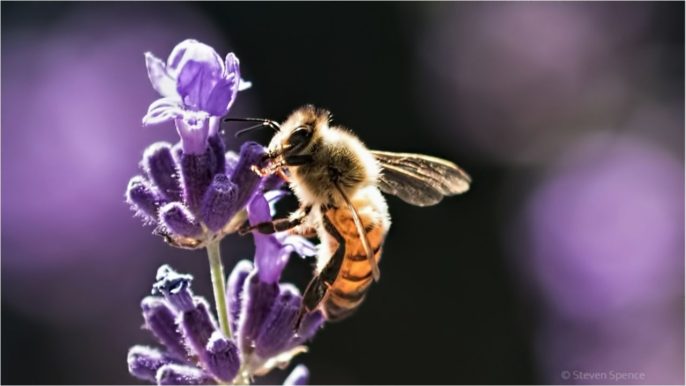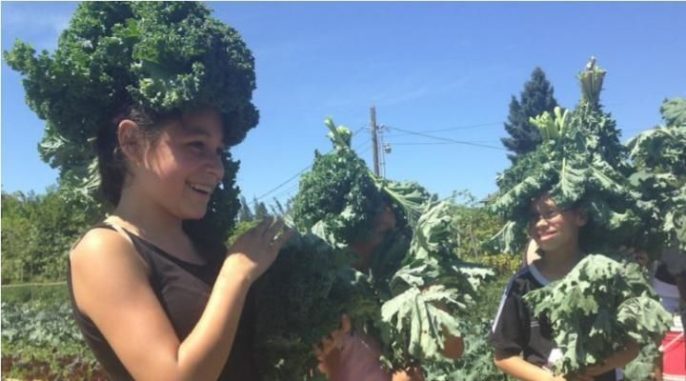Urban Bees: A Pollination-Parasite Trade-Off
Are cities the ideal home for bees? European scientists found that urban bees can have surprisingly good pollination rates. By Jonathan Trinastic Few people would consider cities the ideal home for bees, but what if these dense population centers could provide the means for healthy cohabitation? Scientists from Europe recently examined how bumblebees visit and pollinate flowers across urban and agricultural regions and found that urban areas can have a surprisingly beneficial effect on pollination rates. The reasons behind these results not only provide insight into how cities could be…
Read More



